Meet Kelly Crabtree | Legal Tech Co-Founder & Certified Domestic Violence Counselor
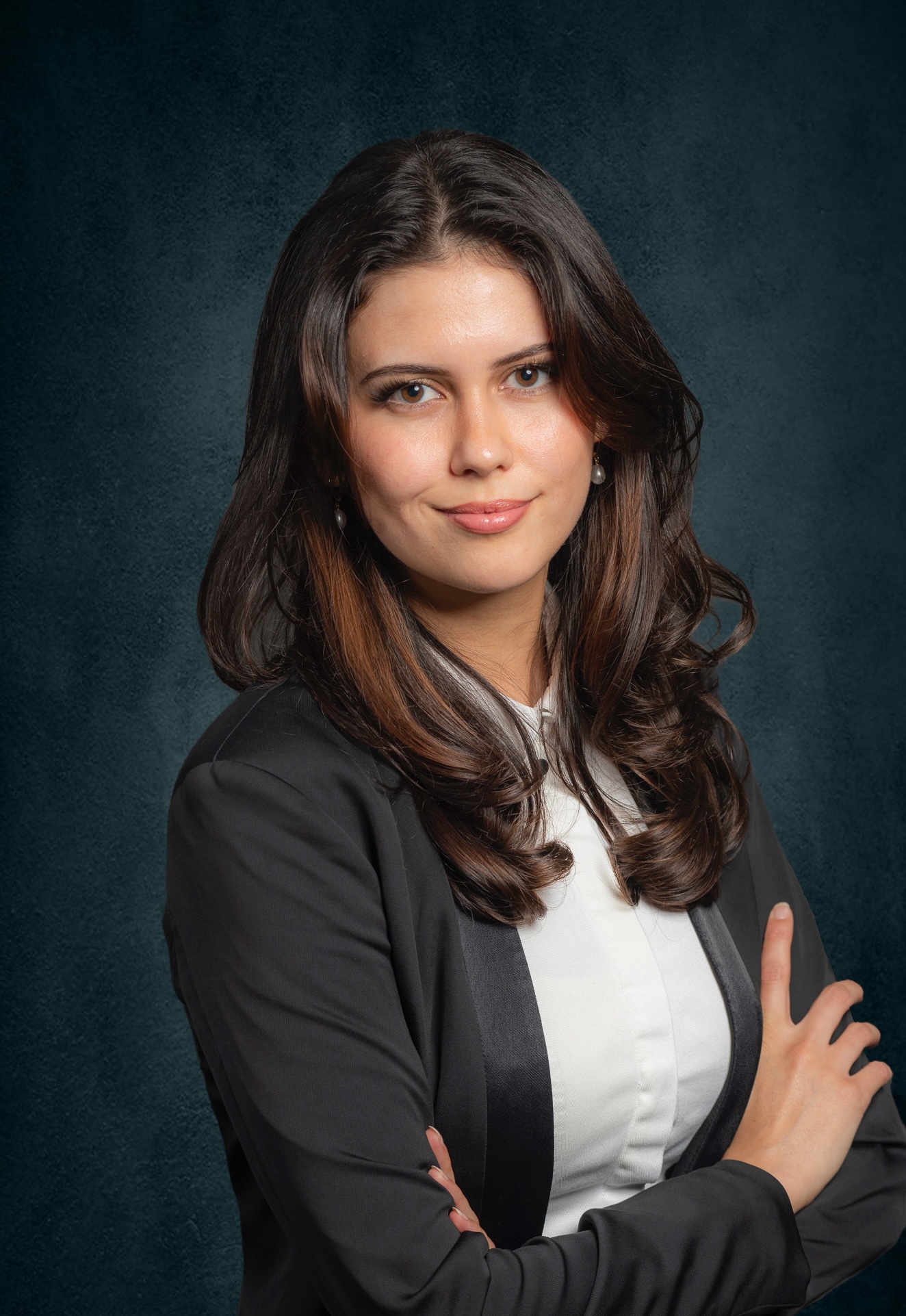

We had the good fortune of connecting with Kelly Crabtree and we’ve shared our conversation below.
Hi Kelly, is there something you can share with us that those outside of the industry might not be aware of?
Much of the legal field is dominated by seasoned practitioners who have spent decades adhering to traditional practices, operating in a world that no longer matches the needs of today’s litigants. Take the issue of access to justice, for example, which is at the heart of what our company strives to address. Many individuals mistakenly believe that if they can’t afford an attorney, one will be provided for them—thanks in large part to the pervasive representation of the ‘Miranda Rights’ in pop culture. However, this right only applies in criminal cases, where public defenders step in to represent low- and middle-income defendants. For those involved in family or civil lawsuits, you’re left to navigate the complex legal system on your own if you can’t afford to hire an attorney. This has resulted in millions of self-representing litigants (SRLs) struggling to navigate family and civil courts each year, an issue that is exacerbated by private practices’ steadfast rejection of change.
In California, efforts have been made to tackle this issue with the establishment of court self-help centers designed to assist SRLs (picture the DMV, but for individuals experiencing domestic violence, divorce, custody battles, etc.). While these centers have good intentions, they frequently face challenges such as high turnover rates, inconsistent funding, and under-trained staff. In my experience working at various self-help centers across California, I’ve seen firsthand how overwhelmed staff and volunteers are, many of whom are undergraduate students lacking the necessary experience to effectively guide SRLs.
Moreover, the legal community often perceives innovations from startups like U Do It Legal as threats. Our mission isn’t to replace traditional legal services; rather, we aim to enhance access to justice for those already priced out of the system by leveraging technology into more affordable and accessible legal information services. However, our goals come with significant risks, including potential customer lawsuits and pushback from legal professionals concerned about their livelihoods.
We’re facing a growing crisis in our industry that many professionals prefer to ignore. It’s crucial for lay people, attorneys, and other legal professionals to recognize the limitations of existing support systems. The time has come for us to address these challenges head-on, ensuring that everyone has a fair chance to achieve just outcomes in court.
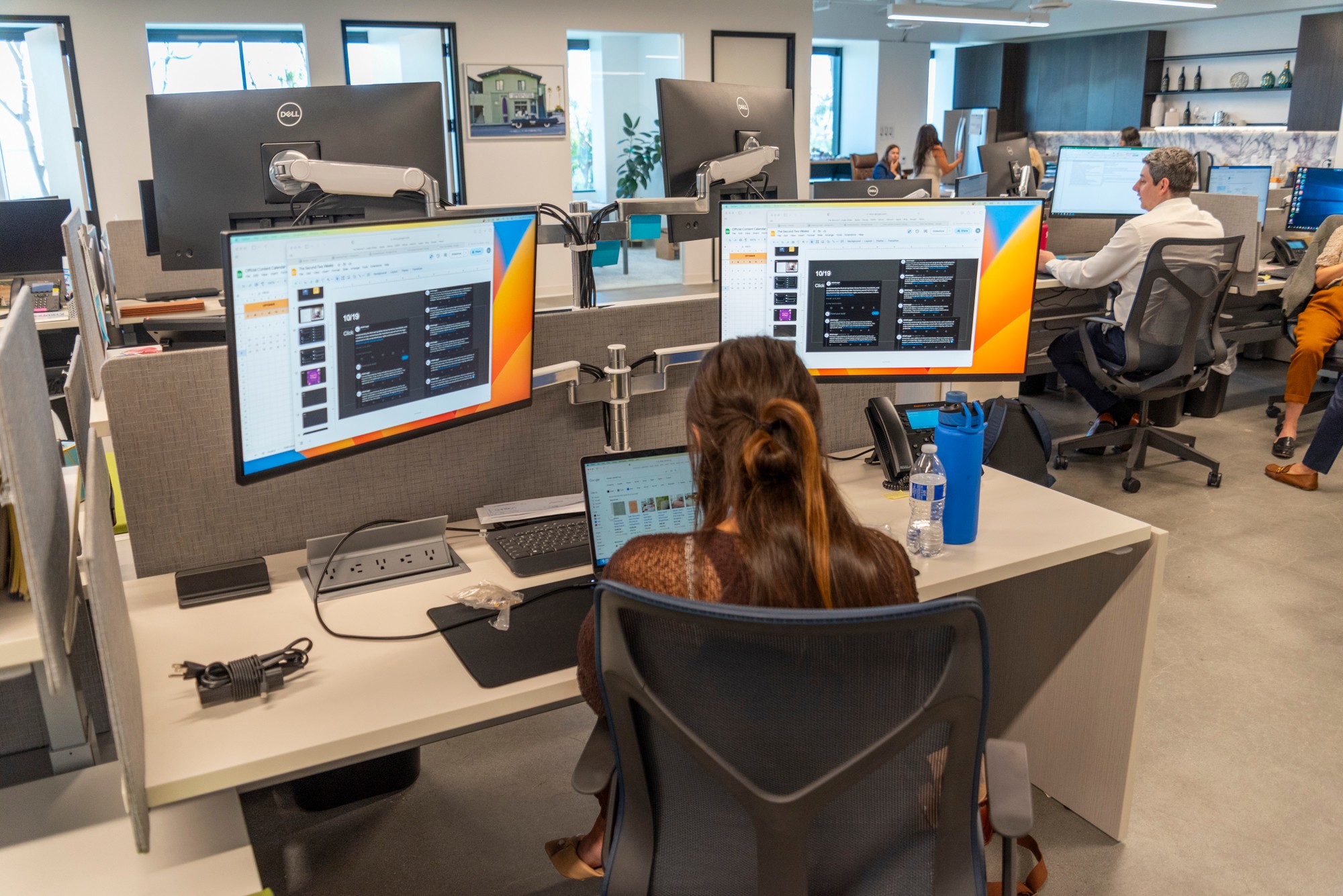
Can you give our readers an introduction to your business? Maybe you can share a bit about what you do and what sets you apart from others?
At U Do It Legal, we’re on a mission to transform access to legal services for self-representing litigants (SRLs) in California, especially those navigating family law proceedings. The issue is clear: hiring an attorney is prohibitively expensive, and the demand for pro bono legal services has led providers to set strict income thresholds. Many individuals find themselves stuck in a growing civil justice gap—earning too much to qualify for free aid but too little to afford a lawyer. On top of that, the limited resources available for SRLs leave many struggling to navigate complex legal processes and court forms without adequate guidance, all during what is often one of the most emotionally taxing periods of their lives.
So, what does U Do It Legal do to address this? We offer an attorney-vetted digital platform that helps users generate their court forms through guided interviews. But we don’t stop there. Our interviews act as personal legal tutors, breaking down complicated legal processes into simple, manageable steps. Our approach draws inspiration from companies like TurboTax and H&R Block, which revolutionized tax preparation and filing by making it accessible, cost-effective, and easy to understand. In the same way, U Do It Legal empowers SRLs to manage family law proceedings with confidence—without needing to hire an attorney.
So, why pursue this? One pivotal experience came early in my career, while working at a legal self-help center for restraining orders in the Bay area. I was just 19 when I found myself helping an eight-year-old sexual abuse survivor apply for a domestic violence restraining order against her rapist. It was only my second week on the job, and none of us had received training on trauma-informed care or even the basics of filing restraining orders. Had I not coincidentally received relevant training through prior volunteer work, I still would have been the one guiding that little girl through the painful process of recounting her trauma. It broke my heart to think she deserved so much better than the assistance of an untrained undergraduate student struggling to keep it together. In survivor support work, it’s often necessary to create some emotional distance, numbing yourself to the pain that others recount just to continue being able to do your job. But after two years of support work, it was this girl’s case that finally broke through that barrier—I found myself sobbing in my car on the way home, feeling the raw impact of her story in a way I hadn’t let myself feel with any other client. From that moment on, I knew I was committed to creating an alternative to these clinics—one where the quality of care survivors receive in the legal system wouldn’t depend solely on their financial means.
All that said, after years of iteration and development, we’re gearing up to launch our first set of services focusing on Domestic Violence Restraining Orders (DVROs) in 2025. Our goal is to provide practical, compassionate legal information for individuals in crisis, ensuring they feel supported and capable during some of the most challenging times of their lives.
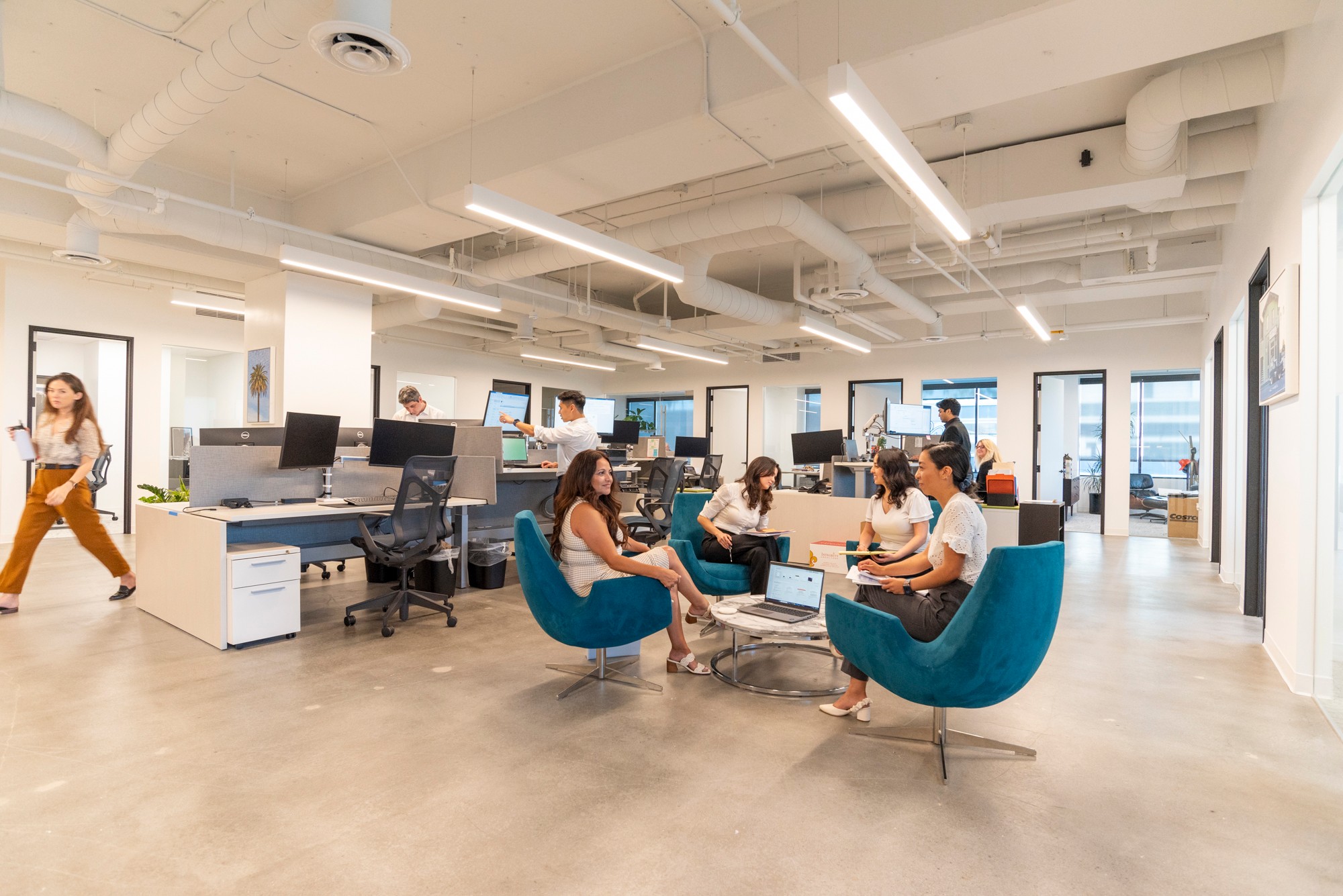
If you had a friend visiting you, what are some of the local spots you’d want to take them around to?
Starting the week off in my current stomping grounds, DTLA, we’d head to Santee Alley in the Fashion District to haggle for fabrics, hunt for unique pieces from a local flea market like the Frogtown Flea Crawl, or visit a local gallery, studio, or warehouse-style store like Olive Ateliers or Hauser & Wirth. I love talking to the artists and small business owners who run these, as they hail from all over the world and are some of the kindest folks you’ll meet in Los Angeles. I’m also a huge fan of checking out estate sales with friends (if you can’t tell by now, I treat Facebook Marketplace like my personal Olympics), and we love creating art and tackling DIY home projects with the materials we find. I create and sell art and restored furniture as both a side hustle and a creative outlet on weekends, so hosting some sort of ‘art day’ for my friend would be a must!
For food, we’d stop by Yuko’s Kitchen DTLA or The Park’s Finest, two of my favorite local restaurants (although, and this is not at all biased, the best filipino food spot in LA is undoubtedly my mom’s house, and you can’t find better company). For drinks, I’d take visitors to some of the Arts District’s speakeasies. Alternatively, we’d attend a community workshop or performance hosted by Tea at Shiloh for anyone interested in a sober, but unique nighttime experience.
For live music, Winston House in Venice is a standout spot that goes from a restaurant during the day to a music venue and club at night, featuring both emerging and established artists without announcing the lineup ahead of time. I also always recommend catching a show at the Comedy Store on the Sunset strip to anyone who appreciates stand-up.
Lastly, no trip to LA would be complete without a beach day. I grew up in Hawthorne, so I’d take my friend somewhere in the South Bay to surf. As much as I’d like to name the best local spots, that’s the one thing I’ll keep secret or I just might jinx things and never be able find parking there again. I’d never gatekeep good food though, and the best South Bay spots for post-surf grinds are Sloopy’s Cafe in Manhattan Beach, Mickey’s Deli in Hermosa, or Jus’ Poke in Redondo. We could end the day by grabbing dinner and a drink from my favorite beach-side bar, The Lighthouse, which is a gem of a spot on Hermosa Pier with good drinks and even better entertainment (lots of local artists perform here too). Afterwards, we’d probably pop in to say hello to my sister, who’s a server at American Junkie a few doors down. I highly recommend their Drag Bingo on Thursday nights; it’s great for groups, BUT you have to be okay with getting publicly roasted! I have to cut my response here, or I’ll end up writing a whole novel, but that just goes to show how many amazing options there are when you want to have a good time around LA.
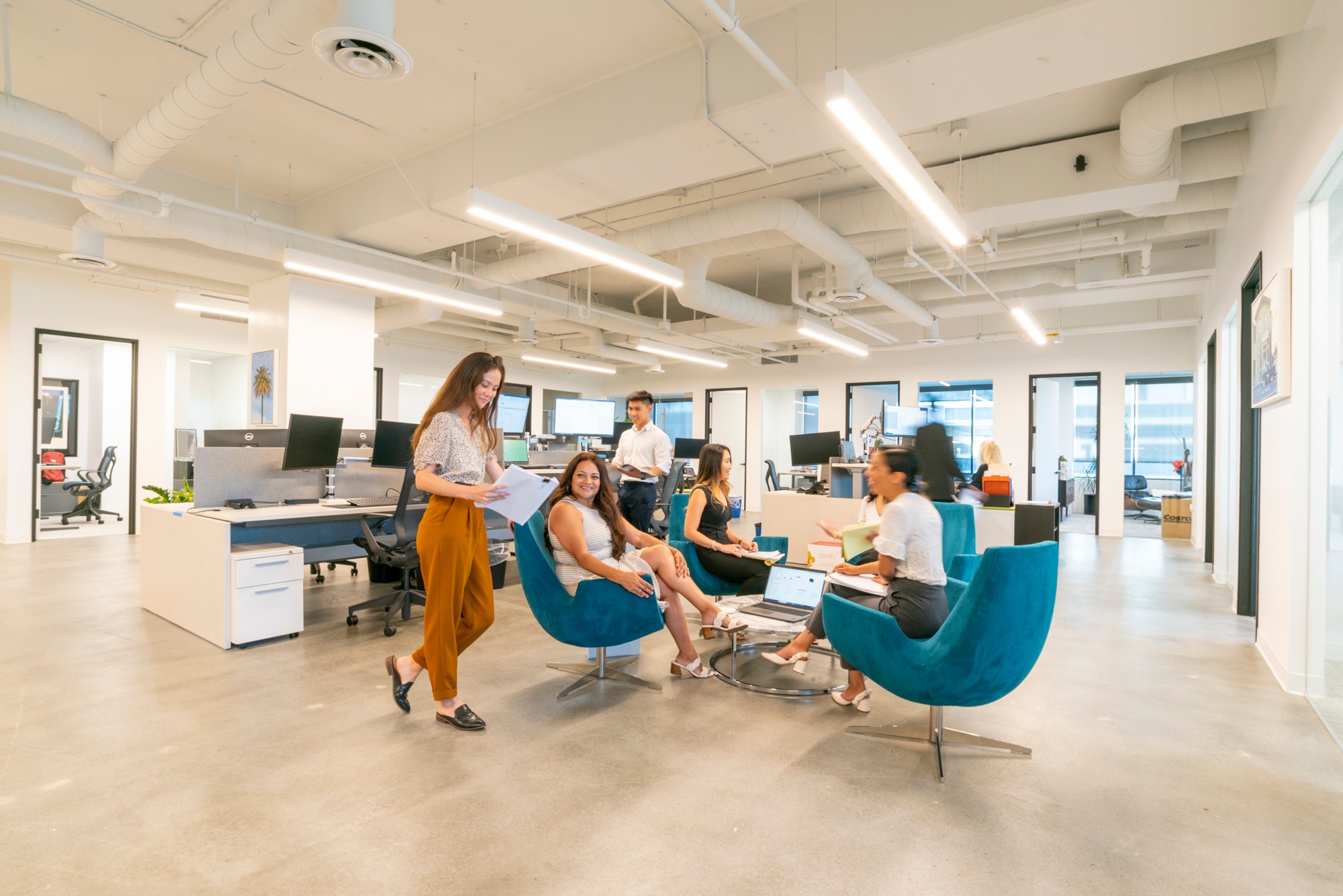
The Shoutout series is all about recognizing that our success and where we are in life is at least somewhat thanks to the efforts, support, mentorship, love and encouragement of others. So is there someone that you want to dedicate your shoutout to?
I’d like to dedicate my shoutout to my former research professor, David B. Oppenheimer, who led the Center for Comparative Equality and Anti-Discrimination Law at Berkeley Law. His empathy and generosity left a lasting impression on everyone he worked with, and my team and I often joked that, given the platform, he could single-handedly usher in the next wave of bleeding-heart idealists. His example kept me anchored to my social justice goals—without it, I would have likely chosen a more stable, conventional career path.
Launching a software startup takes more than passion; it requires capital and expertise. For that, I owe a significant shoutout to my co-founder, Ryan E. Stearns, Esq. His financial support and over 30 years of experience as a litigator and certified family law specialist have been invaluable. This opportunity wouldn’t exist without his trust, vision, and commitment to our shared goals.
Although my professional focus is on family law, my true passion lies in supporting survivors of sexual and domestic violence. As a sex abuse survivor myself, I’ve seen firsthand how often survivors become advocates. I’ve been incredibly fortunate to find a community of selfless individuals dedicated to prevention, education, advocacy, and support. My experience working in legal clinics across California also allowed me to assist hundreds of domestic violence victims in filing requests for restraining orders against their abusers—each story has resonated deeply with me.
It’s this network of survivors and professionals, people devoted to improving support systems both within and beyond the legal field, that inspired me to obtain my domestic violence counselor certification. Their collective impact shaped U Do It Legal’s mission and cemented our decision to prioritize domestic violence restraining order services as our first offering in 2025. This work changes you—once you hear enough stories, you can no longer live your day-to-day life without feeling compelled to do more.
Website: https://www.udoitlegal.com
Instagram: https://www.instagram.com/udoitlegal/
Other: I have a simple Bio Site, which I’ll be updating in 2025 with the website for the design and art business I’m working to launch (separate from U Do It Legal), called Dazo Design Co. If any excerpts from the interview are published in 2025, I would love for this link to be included. If earlier than that, please omit it. Thank you so much!
https://bio.site/kellycrabtree
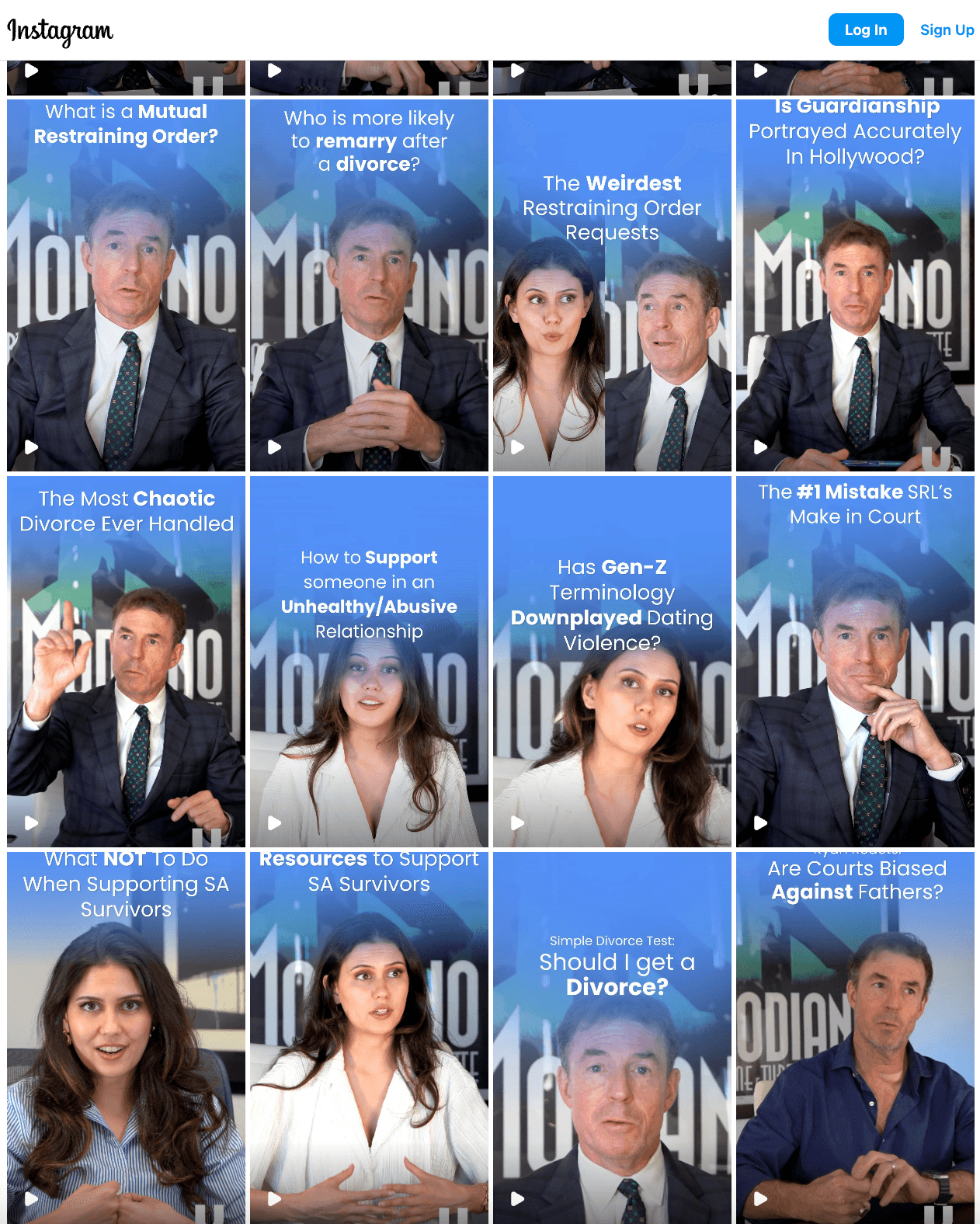
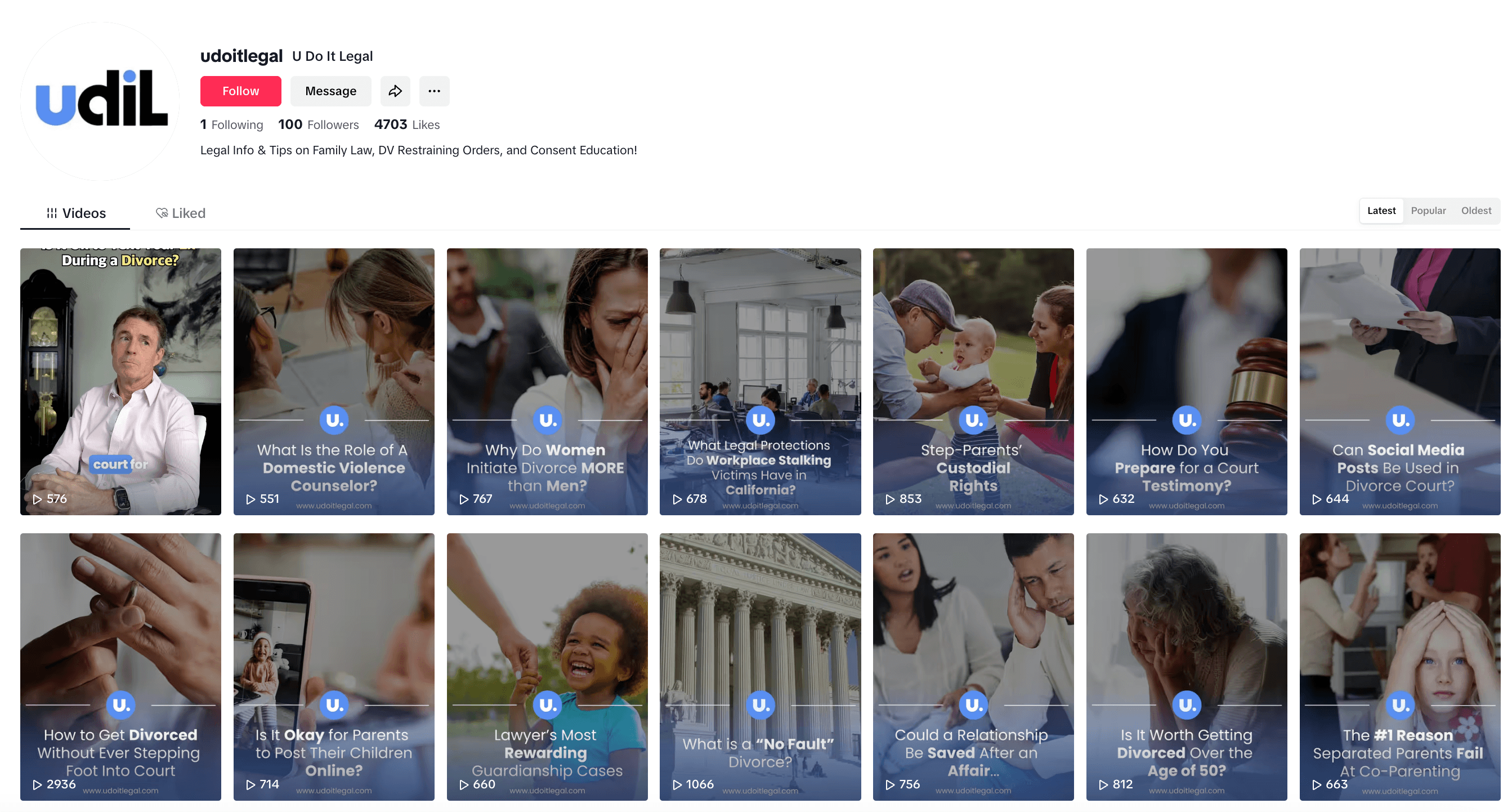
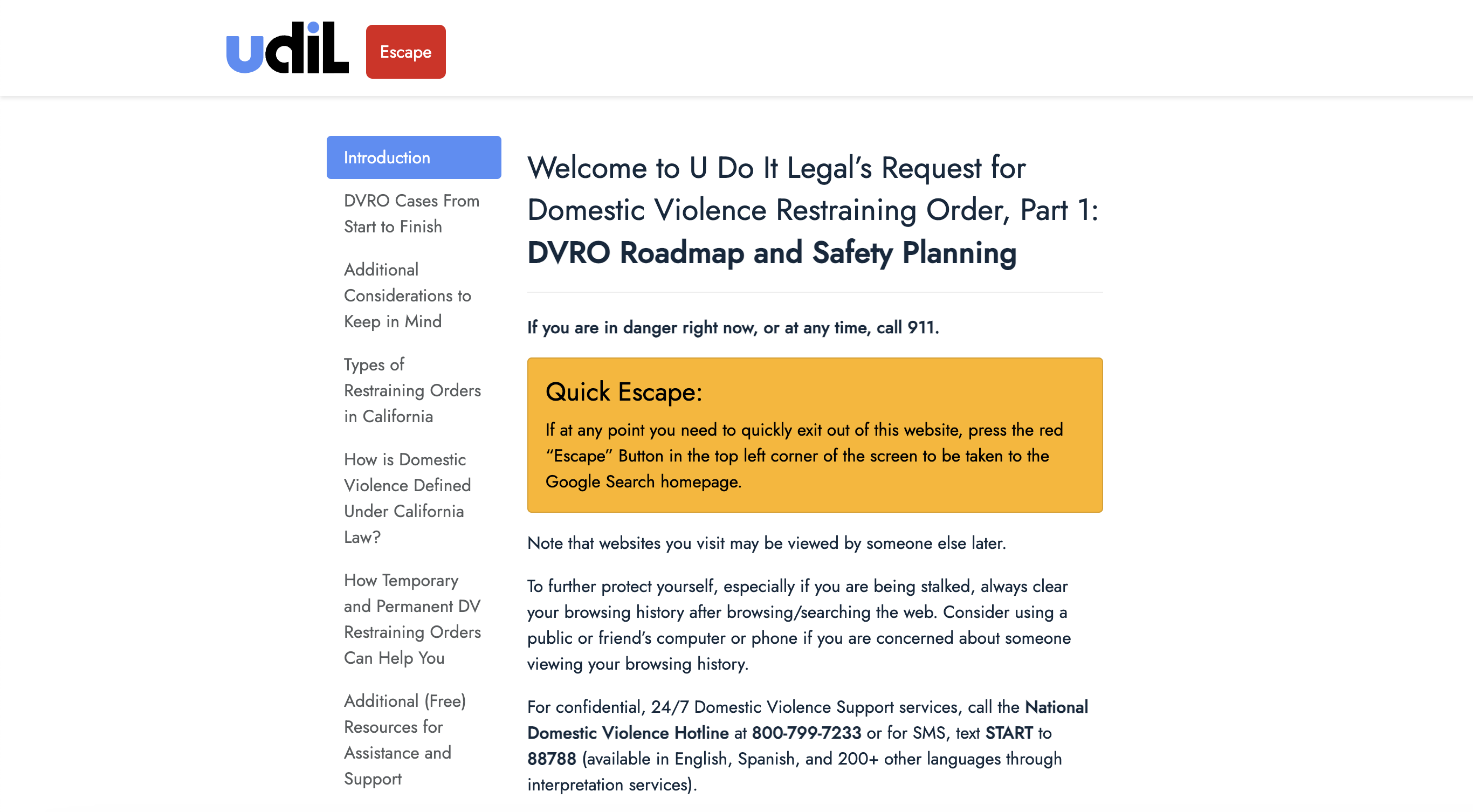
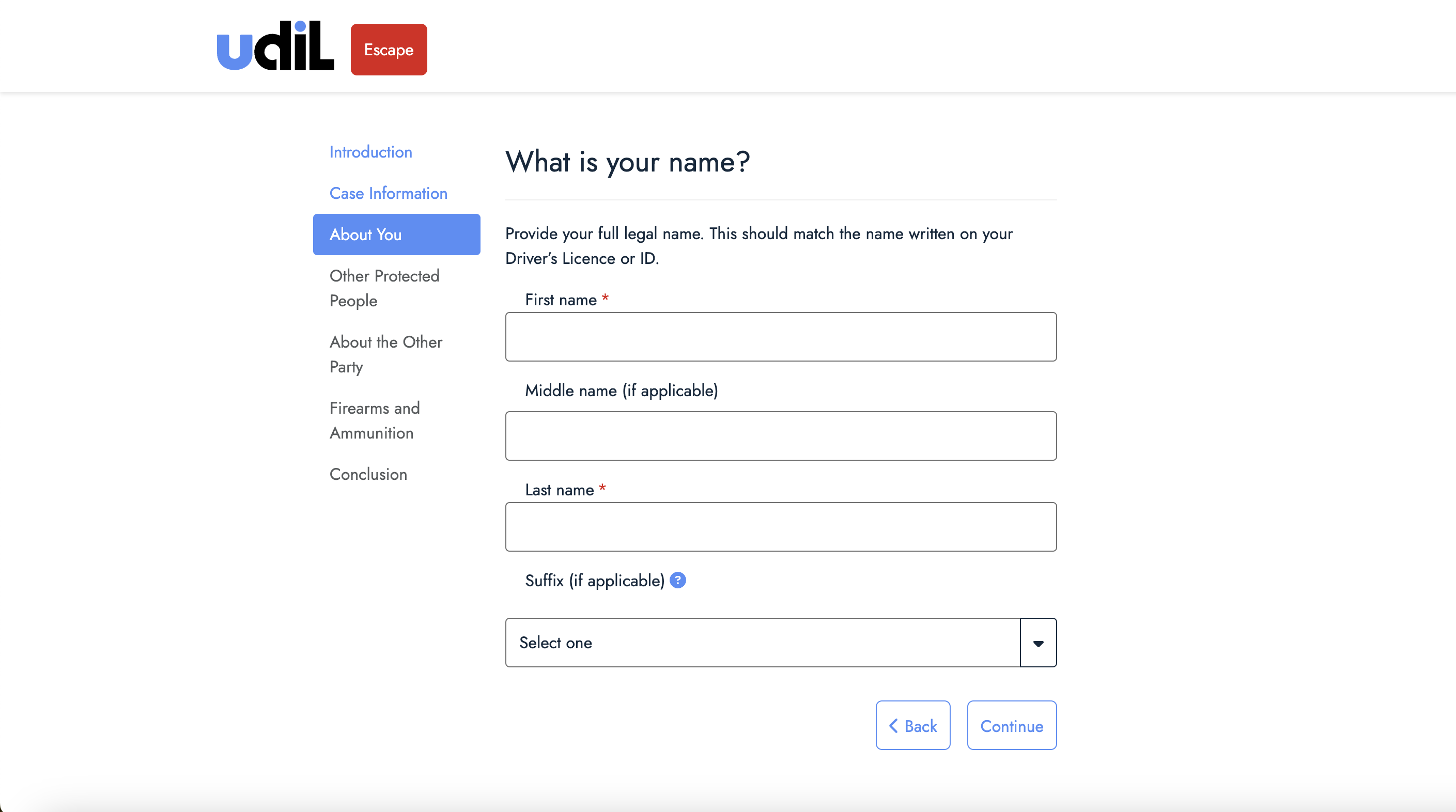
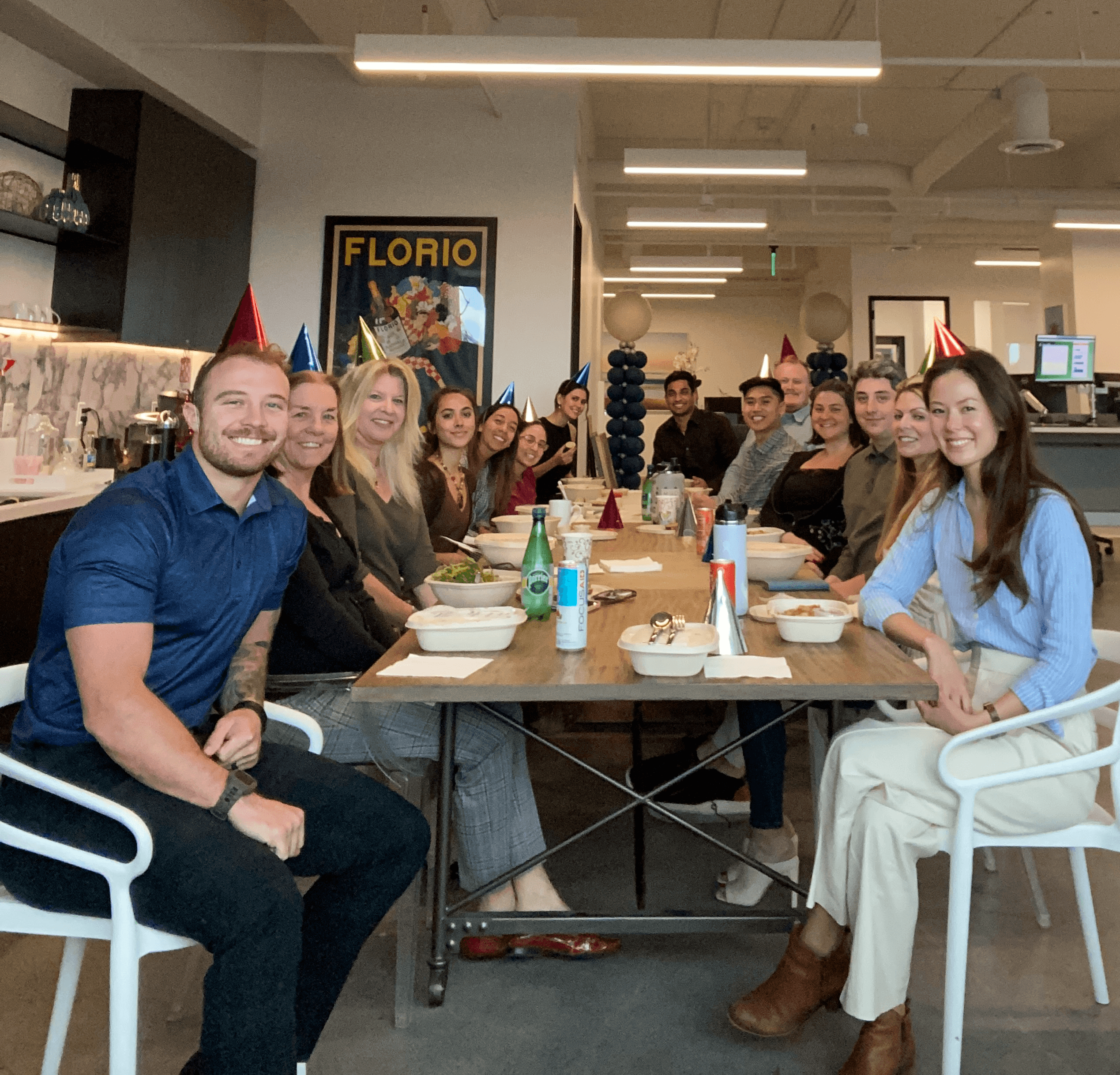
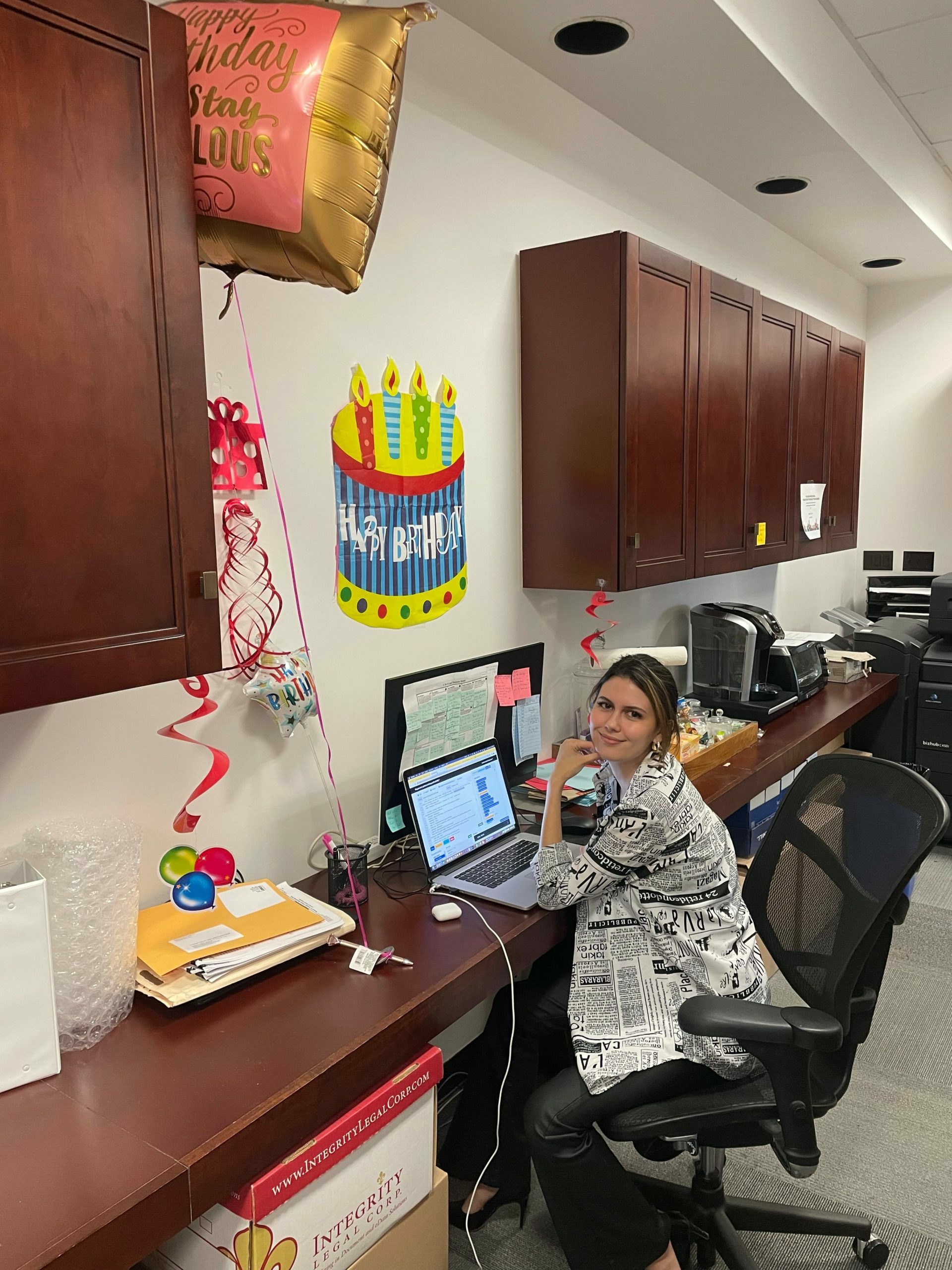
Image Credits
Craig Sotres
